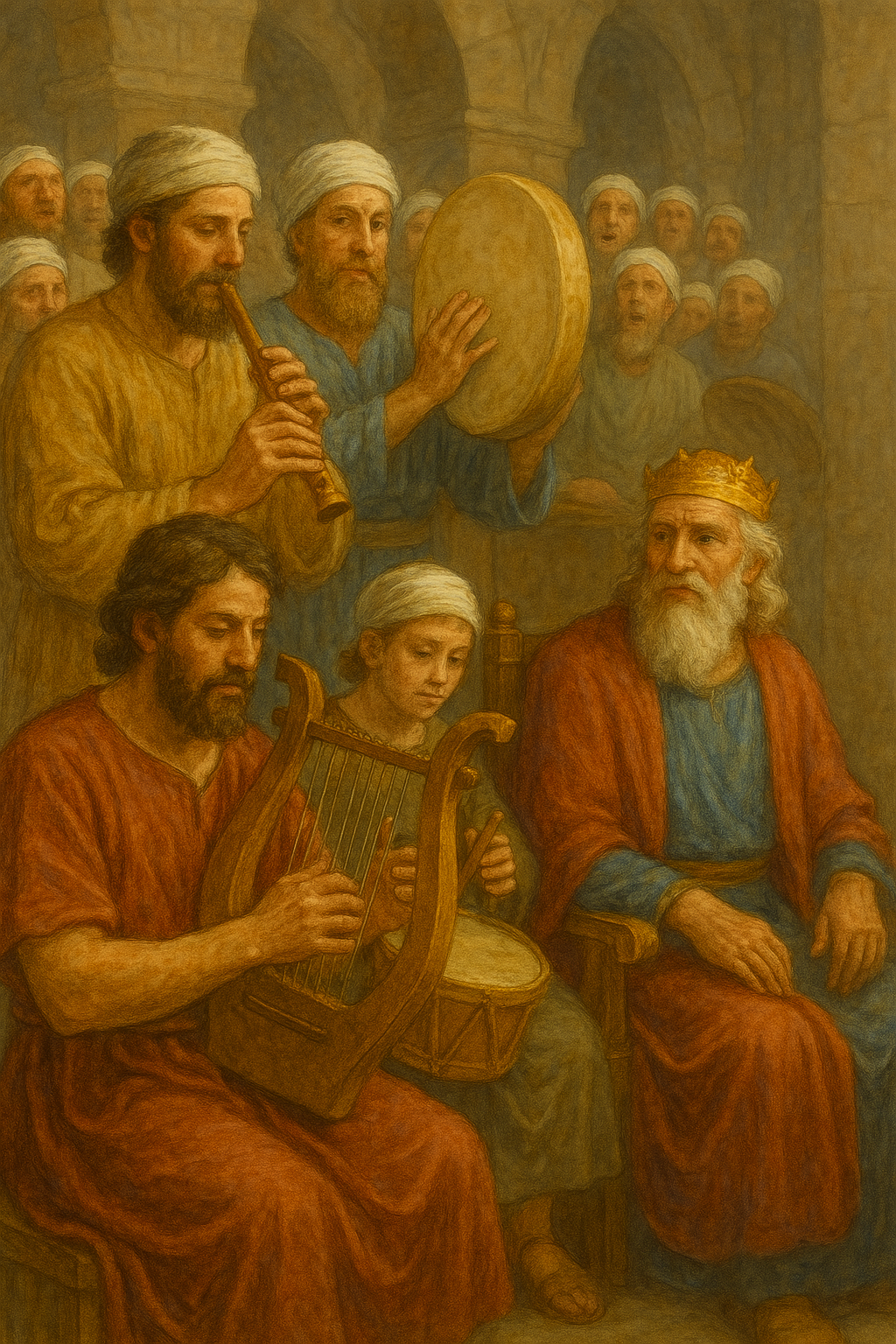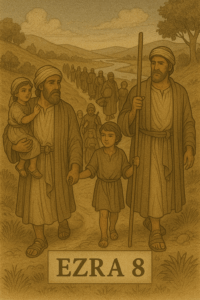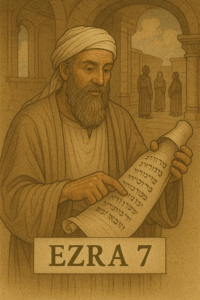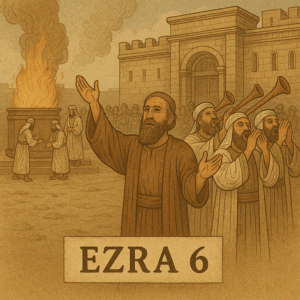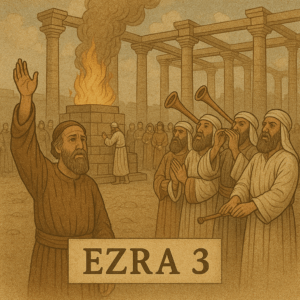1 Chronicles 25: Where Heaven’s Melody Meets Earthly Worship
Music has always been at the heart of worship, and 1 Chronicles 25 reveals how David—a man after God’s own heart—established a sacred musical legacy for Israel. This chapter isn’t just a list of names; it’s a divine blueprint for worship that still resonates today.
The Divine Appointment of Temple Musicians (25:1-7)
David didn’t just gather random singers and instrumentalists—he carefully selected and appointed 288 skilled musicians from the families of Asaph, Heman, and Jeduthun. These weren’t performers; they were prophetic worshippers who ministered “under the supervision of the king” (v. 2).
Key takeaways:
✔ Worship is prophetic – They didn’t just sing songs; they prophesied with harps, lyres, and cymbals (v. 1).
✔ Excellence matters – Musicians were trained and skilled (v. 7).
✔ Worship is generational – Fathers and sons served together (v. 3-5).
The 24 Rotational Teams (25:8-31)
Just like the priests, the musicians were divided into 24 groups (v. 9-31), ensuring:
- Continuous worship in the temple (day and night).
- Equal participation—no one was excluded.
- Orderly ministry—no chaos, just Spirit-led flow.
Why This Matters for Us Today
- Worship is warfare – Like David, we must use music to shift atmospheres (1 Sam. 16:23).
- God seeks skilled worshippers – Not just talent, but heart + skill (Ps. 33:3).
- Worship is a lifestyle – Not just Sunday mornings, but 24/7 devotion.
How to Apply This in Your Life
- Engage in worship daily (not just in church).
- Develop your gifts—whether singing, playing, or simply soaking in God’s presence.
- Recognize worship as a weapon against darkness.
Reflection Question: Are you a passive listener or an active worshipper?
